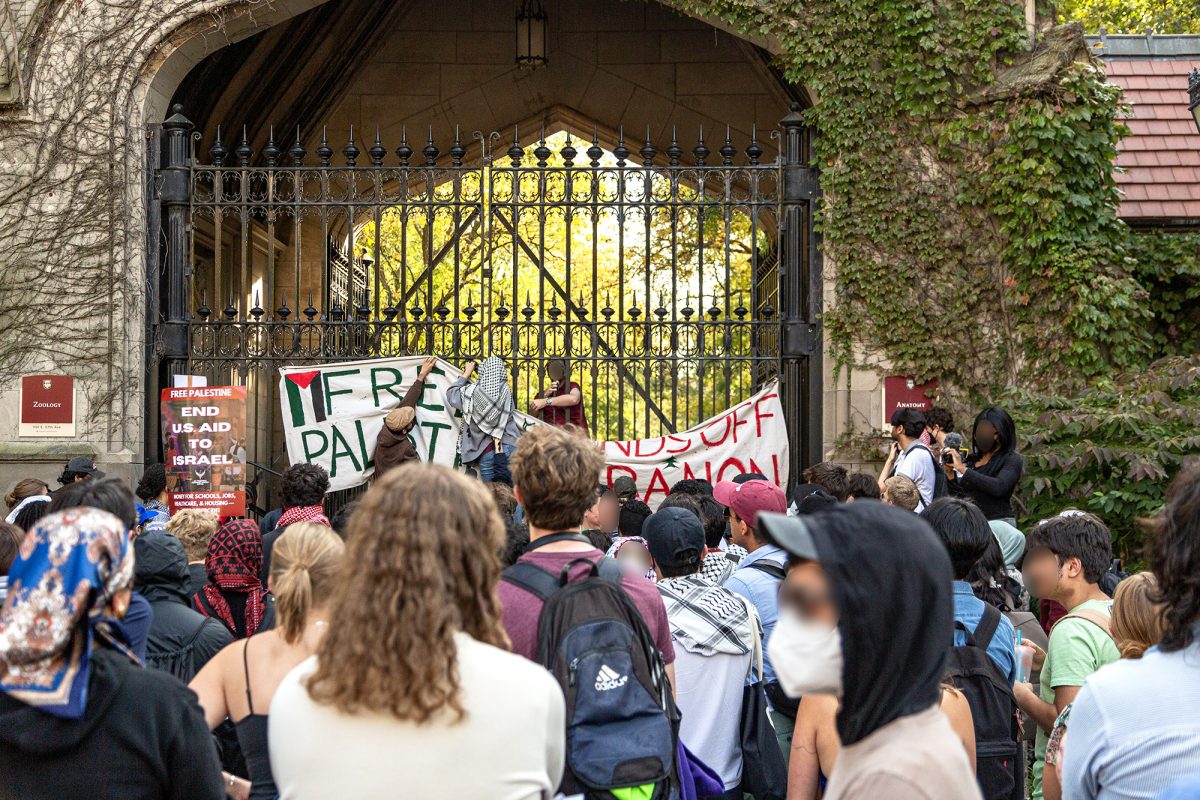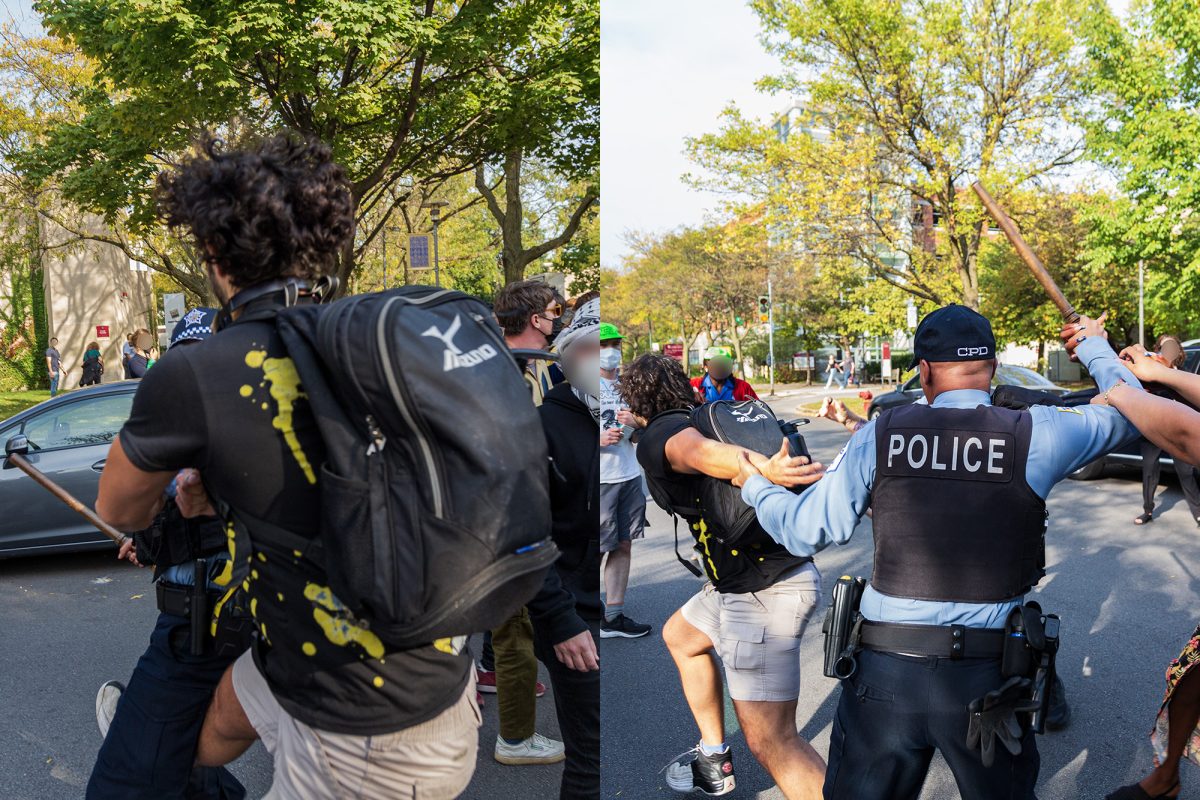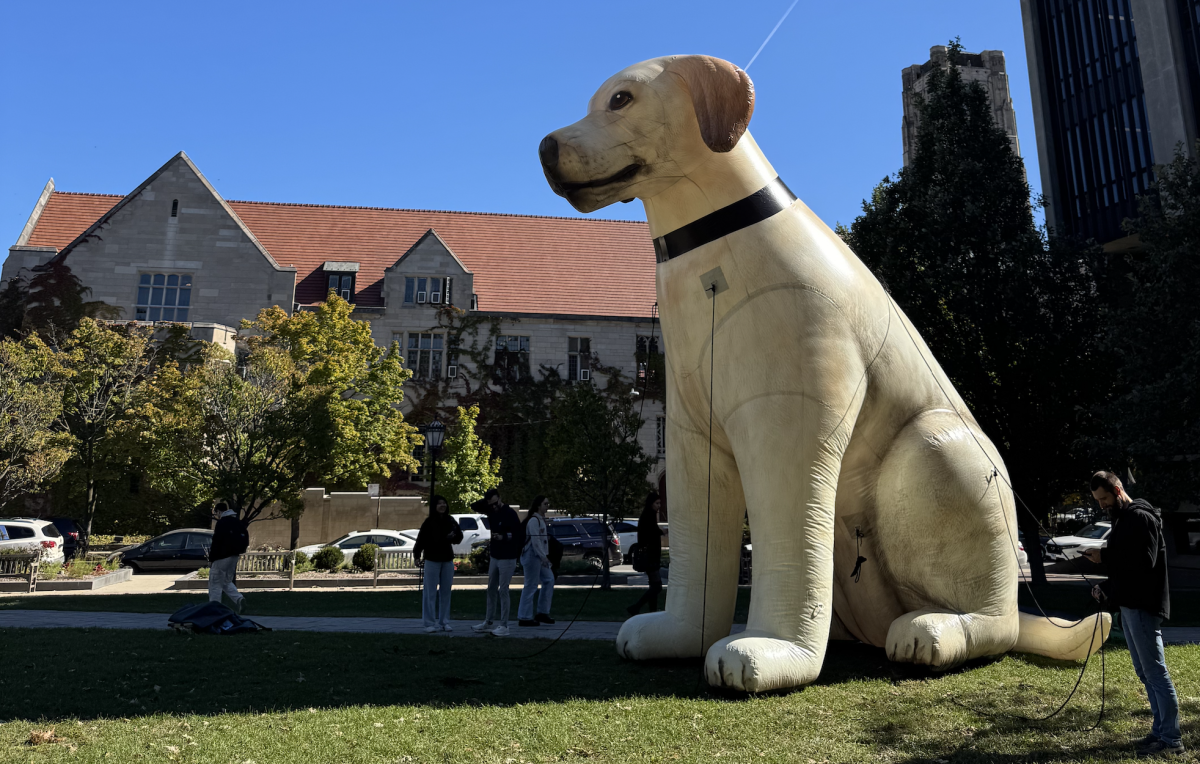Students rifling through the new course catalogue were upset to learn that the popular economics concentration will no longer be offered in the College. Neither will Political Science, Biological Sciences, or Mathematics.
Instead, students will focus their course of studies in majors—a term that has drawn shrugs and sighs from scholars responding to the question of what they are major is.
The change was passed unanimously by the College Council on March 30, following the recommendation by the Curriculum Committee and the Collegiate Masters.
“Though we have for some time considered making this change, which would put us in step with almost every other college in the country, it was the advent of minors that brought about the vote now,” according to Susan Art, dean of students in the College. “To talk about concentrations and minors just doesn’t make sense.”
“That’s revolutionary—this University likes to do things that aren’t like everyone else,” said second-year in the College Jose Portuondo. He added that the switch does not functionally change anything, so it does not bother him.
Edward Cook, Chair of the College Curriculum Committee and associate professor of history, said that “major” is the term in general use in American higher education. “Since our concentrations are now really the same as what almost everyone else calls majors, it seemed most convenient to avoid the ‘concentration? what’s that?’ questions.”
The University adopted the term in the early 1950s, according to Art. The term was used to describe the course of specialized study that replaced the Hutchins model, comprised of entirely general education.
Fourth-year in the College Austin Bean has given admissions tours for a year and tells prospective students about the College’s academic requirements.
“I hate it,” he said. “I’m going to call them concentrations until the day I die and all the fools who decided to change concentrations to majors are dead too. And then when they’re all dead, I’m going to change it back.
“‘Majors’ sounds fascist,” he added. “Stalin would call them ‘majors.'”
Cook said that the questions about the 1950s were mostly an effort to make sure they were not missing a “deep historical reason for our terminology.”
“It turned out we were not,” he said. He added that many students, graduate schools, and employers had a difficulty accepting Hutchins’ general education program, leading to the change in the 1950s.
“People who wanted to stick to Hutchins plan were especially offended with words like specialty, specialization,” he said. “So the proponents of the new plan tried to avoid them. If you go to the course catalogs for the period 1952-55, you will see that some of the specialized study was simply called ‘a year’s study in X,’ while others started labeling it a ‘concentration in X.'”
He said that administrators used the word “major” sometimes in the course reports, but apparently no one thought to apply it.
“My speculation is that they may have thought the ‘year’s study,’ which amounted to nine quarter courses, was not quite as extensive as what other schools called majors,” he said, emphasizing that he is not certain of the term change. “Concentration was the more felicitous term of the two they were using, and it gradually won out in practice.”
As requirements changed over the years, concentrations gradually expanded to an average of 12 to 14 courses, and began to look like what is generally understood to be major, according to Cook. “There didn’t seem to be anything in the rather off-hand adoption of the term ‘concentration’ to compel us to keep it.”








